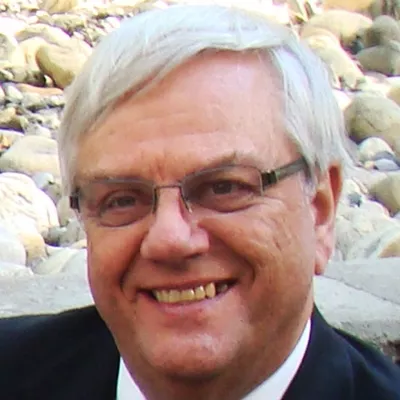Famine and Family History will look at the parameters of famine, how to recognize whether famine conditions existed in areas where our ancestors lived and what the direct impact of famine was on communities and families.

Already a member? Log in





You should receive a confirmation email with a link to the webinar soon.
You’ll also receive a reminder both the day before and one hour before the webinar begins.
Didn’t receive a confirmation email?
You successfully registered for %s.
You should receive a confirmation email with a link to the webinar soon.
You’ll also receive a reminder both the day before and one hour before the webinar begins.
Didn’t receive a confirmation email?
To ensure a smooth, high-quality webinar experience, check the quality of your internet connection.
On the day of the webinar, connect 30–40 minutes before and turn off any background software. If you can’t tune in live, you can view the recording later in the Webinar Library. If joining via a mobile device, be sure to first install the free GoTo app.
Questions? Contact us or read our FAQ.
It looks like you’re already registered for this webinar
You can register for another webinar.
Didn’t receive a confirmation email?
It looks like you’re already registered for these webinars
You can register for another webinar.
Didn’t receive a confirmation email?
Something happened on our end, sorry about that
We were unable to complete your registration.
Please try again later.



 Syllabus
Syllabus
Fascinating! Insight into what our ancestors went through beyond names and dates.
Excellent presentaion. Ey opening to my family history in 1700s england.